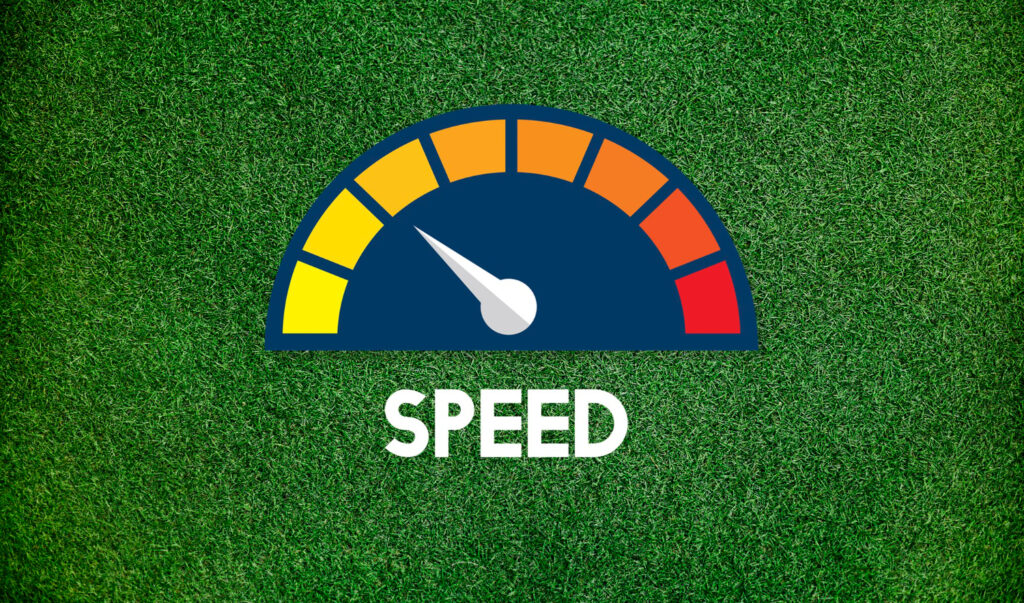Having a website is one thing. Optimizing website performance is another important task that we always overlooked.
Here are some of the best practices to optimize website performance:
Use a fast and reliable hosting service
Find a hosting service that offers features like CDN, caching, and server-level optimization. A fast and reliable hosting service is essential for a website to load quickly. Examples are Exabytes, ServerFreak, Hostinger and many more.
Optimize images and videos
Use image compression tools to reduce the file size of images and videos on your website without sacrificing quality. This will help reduce page load times. Large media content can slow down your website. Using lazy loading also helps to improve loading speed.
Minimize HTTP requests
Reducing the number of HTTP requests can minimize the load on your server and speed up your website. You can do this by using fewer plugins, using CSS instead of images wherever possible, and combining multiple stylesheets (CSS) and JavaScripts into a single file where possible.
Browser caching
Browser caching is useful to store frequently used resources, such as images, CSS, and JavaScript files so that the browser can quickly retrieve them on the next visits. Caching plugins like WP Super Cache and W3 Total Cache can be used on WordPress to improve the loading speed of your website.

Use a content delivery network (CDN)
A CDN can help speed up your website by caching your content on servers around the world, serving static content from a server closer to the user. Services like Cloudflare and MaxCDN offer CDN services for WordPress websites.
Optimize for mobile devices
Nowadays, more and more people accessing the internet through their mobile devices. It’s important to make sure your website is optimized for mobile devices, using responsive design techniques and optimizing images and other resources for smaller screens, test your website on different devices to ensure that it loads faster and is easy to use.
Use a lightweight WordPress theme
A lightweight theme can improve the loading speed of your website. Avoid using themes with too many features and functionality which will affect your website performance.
Optimize your database
Optimizing your database can improve your website’s speed and performance. Plugins like WP-Optimize and WP-DBManager can be used on WordPress to clean up your database.

Implementing these best practices for optimizing website performance, may result in enhanced user experience, increase page load speed, increase conversions, increase website traffic and boost brand visibility. We will discuss more on this topic in the next article.

